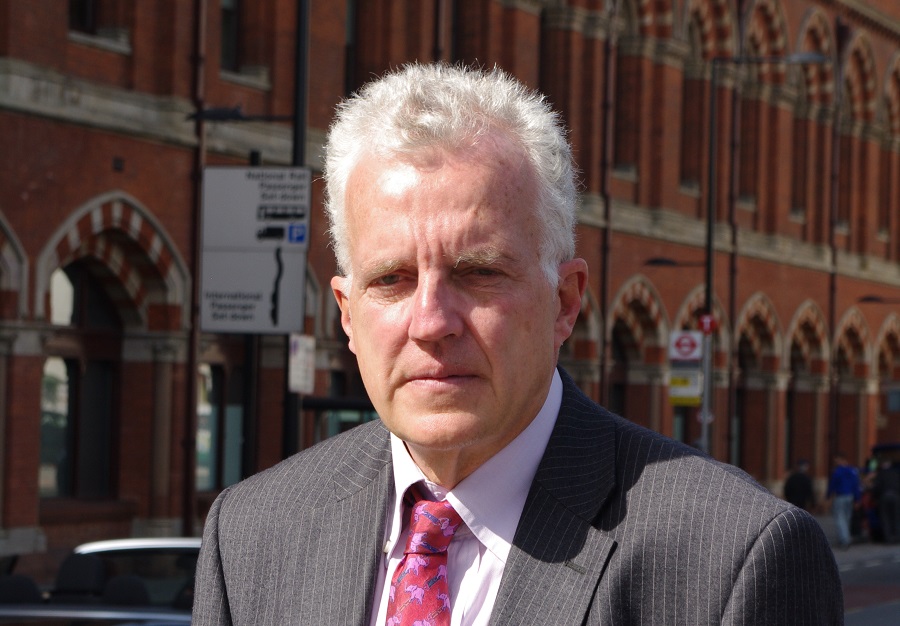Given that some £5bn of public money is pumped into the railways annually, it would seem incumbent on the government to explain what precisely that subsidy is for. I am not for a moment suggesting that it is wasted, but it would be helpful to have some intellectual underpinning to justify this huge expenditure.
Let’s postulate that one of the reasons why ministers are happy to spend this money is that the railways stimulate economic activity and provide a vital alternative to the car which is both environmentally more sustainable and, quite often, far faster. Then surely to justify this huge sum, as many people as possible should be encouraged to use the railways.
But the present fare structure does not remotely ensure that the use of the railways is maximised. Indeed, quite the opposite. By ensuring that the train operators much of it is geared either maximising the return for train operators or to deter people using trains at peak times. Take the Virgin West Coast services. These have recently been upgraded, helped by £9bn worth of trackwork, to provide a twenty minute frequency between Euston and both Manchester and Birmingham.
This level of service mean, effectively, that one does not need a timetable. Just as say a ten minute frequency on suburban services obviates the need to check up train times, so does three trains an hour for long journeys across Britain.
It should, therefore, be a turn up and go service. Yet, passengers who follow this logic suffer a great penalty. People who have not bought tickets in advance face paying fares which can be fifteen or twenty times the cheapest pre-booked ticket and routinely are double or treble the fare. The logic, from Virgin’s point of view, is that it wants to encourage people to use off-peak trains and, moreover, it gets to keep all the revenue from advance tickets, which can only be used on its own trains, whereas it has to share income from flexible tickets with other operators
However, this greatly reduces the incentive to travel by train. People are bemused by the complexity of tickets – I just went on a National Express website where the ‘anytime’ ticket from London to Lincoln was £20 cheaper than the off peak one! – and crave for a simpler system. Moreover, the train operators would then be able to advertise their cheaper offer far more widely and attract people onto the trains.
To give an example, I just travelled from Glasgow to London and by booking in advance I paid £59 50 rather than the normal off peak fare of £107 80. However, had I had booked earlier, I would probably have been able to pay just £43 50 on most trains. This is madness. There are 13 trains per day each way between London and Glasgow, almost twice as much as before the new high frequency services introduced in December. The logic would be to have a clear basic fare available on all trains which would then provide real competition to the airlines – say £50 one way, £100 return (none of this nonsense of paying £1 extra for the return).
Virgin is reluctantly beginning to understand this logic. Its spokesman, Arthur Leathley, told me that it will introduce a standard fare system on some routes – not though involving London – in the next couple of months as a way of testing the system. However, he stressed that Virgin’s concern about going down the path of standardising its fares in this way across the board was ‘we do not want to to make the situation worse on overcrowded trains’. Quite apart from the fact that with the 30 per cent increase in capacity, that is no longer an issue, it is a strange argument, suggesting that Virgin does not want extra passengers if they won’t travel at a convenient time for the company.
The other argument used against adopting low and fixed walk on fares is that it will result in revenue loss. In fact, Northern Rail found that revenue increased when it lowered fares on the Settle – Carlisle line.
The fundamental point is that since it was the public which paid for the line upgrade and is continuing to subsidise Virgin to the tune of £300m this year – the lack of logic in the rail subsidy system is demonstrated by the fact that the poor operator on the East Coast has to cough up a vast premium payment of £85m. Therefore, the public should be given as much access to the rail system as possible. If it were an entirely private enterprise, such as Ryanair, then it would be fine for the train companies to operate such a restrictive practice but it is not. It is time the Office of Fair Trading took a look at this issue and stimulated a debate into the lack of logic pervading the fares system.
